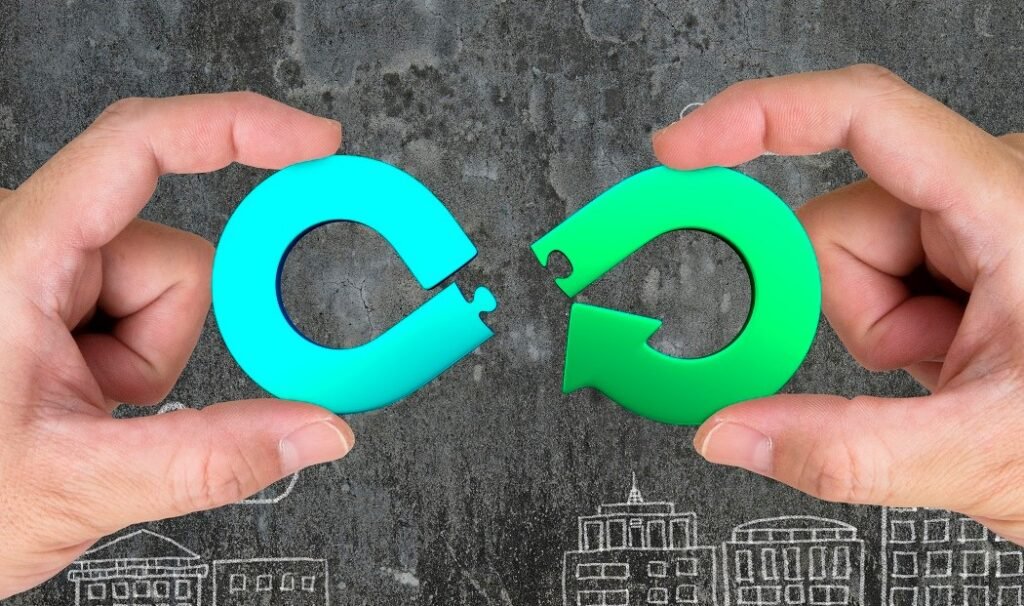As confirmed on May 30, 2024, the Philippine Department of Environment and Natural Resources (DENR), the Environmental Management Bureau (EMB), and the Solid Waste Management Division have published a “Roadmap for the Management of Plastic Waste and Reduction of Non-recyclable Single-use Plastics in the Philippines” on their websites. Based on an analysis of the current status of plastics and waste management in the Philippines, this document presents a roadmap for plastic management and reducing non-recyclable single-use plastics (SUPs) to achieve the goal of zero plastic waste pollution by 2040, which was prepared by the World Bank at the request of the Philippine Government.
The document can be viewed at the following URL:
https://nswmc.emb.gov.ph/wp-content/uploads/2024/05/240201-PH-Plastic-Roadmap_v8.pdf
The document is separated into 2028 (short term), 2034 (medium term), and 2040 (long term), and the prescribed outcomes shall be achieved by each deadline. It also stipulates milestones and specific actions to achieve the outcomes.
Short-term (2023-2028)
The actions and milestones to achieve “Outcome 1: Plastic Leakage Pathways Closed” by 2028 are specified below. Actions include strengthening the regulatory framework to reduce non-recyclable SUPs and enacting legislation to support the reduction of non-recyclable SUPs.
| Milestones | Actions |
|---|---|
| 1. Non-Recyclable SUPs are Reduced | Strengthen the regulatory framework to reduce non-recyclable SUPs, etc. |
| 2. Plastic Recovery from Existing Facilities is Increased | Develop an inventory of the existing MRFs, recycling facilities, and sanitary landfill sites, etc. |
| 3. Complementary SWM Legislation is Enacted | Enact the laws that support the reduction of non-recyclable SUPs: the SUP Bag Tax Act, the SUP Product Registration Act, and the Plastic Labeling Act, etc. |
| 4. National Database on Recycling and SWM is Set Up and Operationalized | Publish data on waste collection, recovered recyclables, processed biodegradables, disposed of waste, and recycled plastic, etc. |
| 5. Technical Guidelines on a Cost recovery Mechanism for Plastics and SWM are Adopted and Enforced | Survey LGUs and the private sector regarding the waste collection fees they charge businesses, etc. |
Medium-term (2023-2034)
The actions and milestones to achieve “Outcome 2: Plastic Recycling Enabled by 2034” by 2034 are specified below. Actions such as formulating national standards for the quality of plastic recycled materials are listed here.
| Milestones | Actions |
|---|---|
| 1. LGUs’ Capacity to Carry Out Plastic and Solid Waste Management is Developed | Establish new centralized MRFs, recovery or recycling facilities, and regional SLFs, etc. |
| 2. Informal Sector is Integrated into the LGUs’ SWM Systems | Pilot SWM projects that promote the integration of informal workers, etc. |
| 3. Production of Good Quality Plastic Recyclates is Increased | Develop national standards for the quality of plastic recyclates, establish a plastic certification scheme for plastic recyclers, etc. |
Long-term (2023-2040)
The actions and milestones to achieve “Outcome 3: Demand for Plastics Managed and Products Designed for Circularity by 2040” are specified below. Actions include developing and issuing guidelines on eco-design and compliance with green public procurement, initiating the provision of information on products and packaging for the proper disposal of plastic waste, and negotiating voluntary agreements with the private sector on eco-design.
| Milestones | Actions |
|---|---|
| 1. Measures for Eco-design, Eco labeling, SUP Alternatives, and Green Public Procurement that Promote Plastics’ Circularity are Adopted and Enforced | Develop and issue guidelines for compliance on eco design and Green Public Procurement, initiate on-product and on-packaging information about proper plastic waste disposal, etc. |
| 2. Private Sector is Engaged in Plastic Reduction and Waste Management | Define standards and guidelines to implement the EPR Law, assist micro, small, and medium enterprises to participate in an EPR program, negotiate voluntary agreements with the private sector on eco-design |
| 3. Support for Nurturing In-country Innovation and Incentivizing Information Exchanges is Strengthened | Conduct feasibility studies to implement energy recovery technologies that adhere to the environmental laws and other relevant policies, etc. |
 Philippines announces 2040 roadmap for management of plastic waste
Philippines announces 2040 roadmap for management of plastic waste 

























